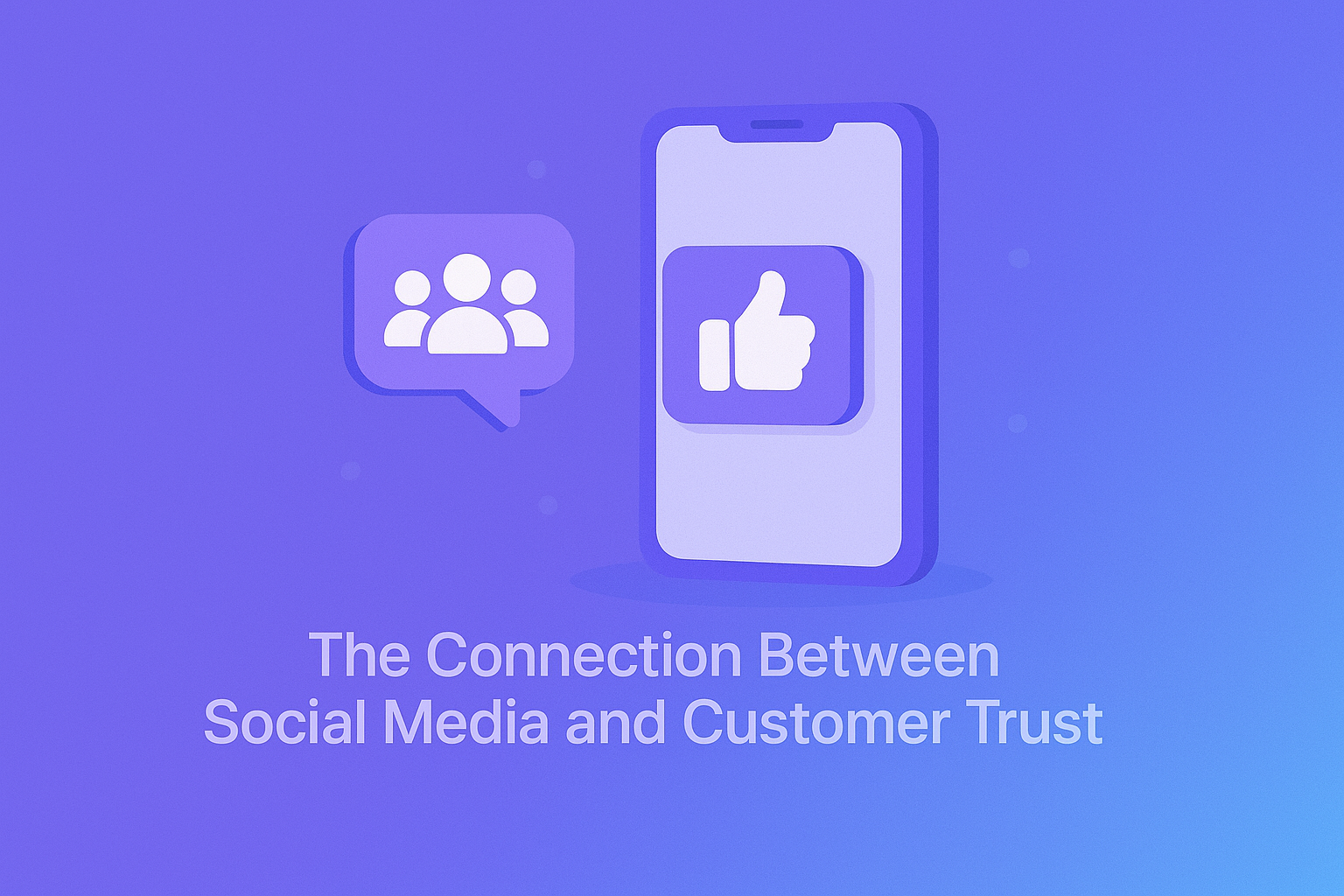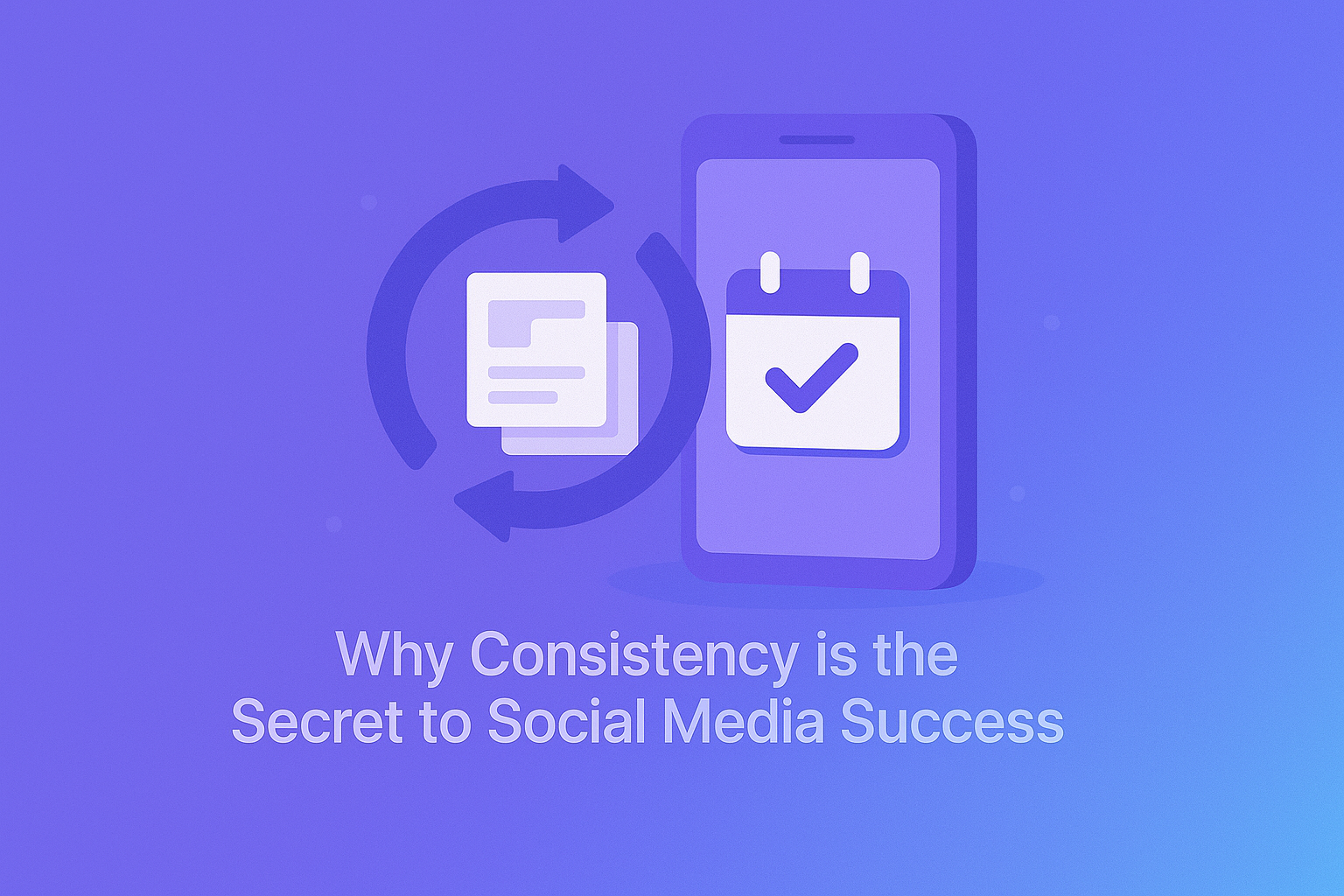In 2025, email is still the #1 communication channel for business—and the #1 attack vector for cybercriminals.
Despite better tools and smarter users, email-based threats continue to evolve with AI-powered scams, deepfake phishing, and sophisticated impersonation tactics.
If your business email isn’t protected, you could be one message away from a serious data breach or financial loss.
Here are the top 5 email threats to watch out for in 2025—and how to stop them with PLiKhost’s advanced email security, powered by SpamExperts.
⚠️ 1. Business Email Compromise (BEC)
What it is:
Attackers impersonate a company executive or vendor to trick employees into transferring money or sensitive data.
How it works:
-
“CEO” asks finance team for urgent wire transfer
-
“Vendor” changes banking info in an invoice
-
“Client” requests files containing private info
🛡 How to stop it:
-
Enable outgoing email filtering to prevent domain spoofing
-
Use SPF, DKIM, and DMARC records properly
-
Train staff to verify unusual requests
SpamExperts scans for sender anomalies and blocks spoofed emails at the server level.
🐟 2. Phishing & Spear Phishing
What it is:
Fake emails that mimic real brands (banks, SaaS platforms, etc.) asking users to log in or update their info.
How it works:
-
Links lead to fake login pages
-
Victims enter real credentials
-
Attackers take over accounts
🛡 How to stop it:
-
Use SpamExperts Incoming Filtering to block known phishing patterns
-
Train users to spot suspicious links
-
Enable 2FA (two-factor authentication) for email logins
With a 99.98% detection rate, SpamExperts stops phishing before it ever hits the inbox.
🧪 3. Malware Attachments & Ransomware
What it is:
Malicious files (PDFs, ZIPs, .docm, .exe) sent via email that, once opened, infect the system.
What it does:
-
Encrypts files and demands ransom
-
Installs keyloggers or backdoors
-
Spreads through internal networks
🛡 How to stop it:
-
Use real-time antivirus scanning in your email filters
-
Block certain file types via policy
-
Store regular email and file backups (PLiKhost offers local & remote backups)
SpamExperts scans all attachments for viruses and quarantines dangerous messages automatically.
👤 4. Spoofed Senders & Fake Domains
What it is:
Emails that appear to come from your own domain or a known brand, but are actually forged.
Why it’s dangerous:
-
Damages your company’s reputation
-
Causes confusion or data leaks
-
Can bypass filters if not configured properly
🛡 How to stop it:
-
Enforce SPF/DKIM/DMARC records
-
Monitor outgoing traffic for abuse
-
Use SpamExperts’ sender reputation filtering
PLiKhost helps configure authentication records and actively monitors for spoofing attacks.
📥 5. Inbox Overload & Productivity Drain
What it is:
Floods of marketing spam, irrelevant newsletters, and graymail that bury important business messages.
Why it’s risky:
-
Users miss real emails
-
Increased chance of accidental click on harmful content
-
Wasted time sorting through inbox
🛡 How to stop it:
-
Use intelligent spam classification (not just keyword filtering)
-
Let users manage their own quarantines
-
Archive clean mail and reduce clutter
SpamExperts filters low-priority email into a quarantine interface so your inbox stays focused.
🧠 Final Thoughts
The email threat landscape is only getting smarter—but so are the defenses.
With SpamExperts at PLiKhost, you get:
✅ Incoming + outgoing filtering
✅ Malware and virus protection
✅ Phishing and spoof detection
✅ Compliance-ready archiving
✅ Real-time monitoring and quarantine tools
🟢 Don’t wait until a breach happens.
Secure your email with PLiKhost and let SpamExperts protect your business 24/7.






